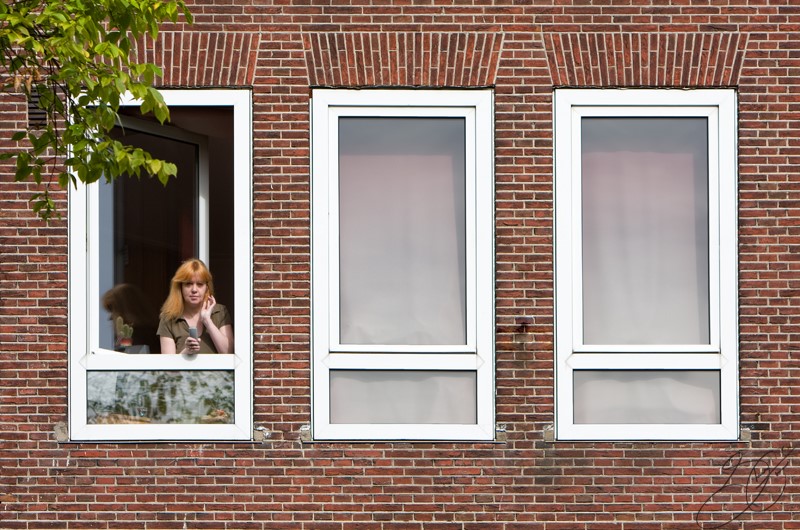Isolation, Separation, Growth

I am so grateful that I could remain engaged with patients who have grown and changed considerably during this period of confinement. These individuals live either alone or with their significant other. The physical and emotional separation resulting from self-isolation has led to positive disruptions in their habitual, taken-for-granted interactions with loved ones.
I want to share the story of one client whom I shall call Cherise. She is a woman in her midsixties and the mother of two young-adult sons who no longer live with her. Her history as a need satisfier defined her perception of herself as a good mother. Her frustration about not being available to her children the way she was prior to this pandemic evoked a much-needed examination of her attachment behaviors and childhood trauma.
Cherise innocently but mistakenly believed that she raised her sons in an emotionally healthy environment. She vowed never to subject her children to the unrelenting, vitriolic abuse she sustained from her mother and older sisters. Paradoxically, she unconsciously created another style of dysfunctional parenting characterized by intrusion, suffocation, and impingement. In her mind, a child who wants to separate from his mother equals abandonment, and a child’s expression of anger or distress means the mother has failed. Cherise explained that her job was to protect her children from ever feeling pain or sadness. If either of her sons struggled, she would do anything she could to fix the problem. When she faced circumstances she could not control, she sank into debilitating self-loathing and depression, which in turn led to overeating and seclusion. At those times, she remembers wishing that she could take on her child’s suffering. She believed that mothers must love their children all of the time—any ambivalent thought or feeling was unacceptable. She asked me, “Don’t you love your children all of the time?” Naturally, my response was not in line with her black-and white views on the subject.
As a result, she has difficulty comprehending why her sons are not close to her the way she imagines they should be after all of her attentive care. One son is quiet and withdrawn while the other is belligerent and nasty. Heretofore, she felt her angry son had no cause to be upset with her. She was incapable of understanding that this behavior was, in part, due to his developmental need to emotionally separate from her—an idea that made little sense to her at the time.
Since she is unable to see her sons during this period of self-isolation or satisfy her usual excessive maternal preoccupation, we have taken the opportunity to understand how her parenting style impacted her relationship with her sons. Cherise shared with me that she often finds herself lost in a mindset where she hears her mother’s horrific insults again. She is beginning to appreciate how her needs to control her sons’ happiness and hold herself responsible for any unhappiness reflect subconscious efforts to cope with her mother’s abuse.
After exploring how her history of abuse informed her parenting style and expectations, Cherise is now able to forgive herself if her sons do not call her frequently or if they appear ungrateful or disrespectful. Instead of viewing their disappointing behaviors as a reflection of her substandard parenting, she has a new awareness about age-appropriate expectations. Not being able to overdo for them in her usual manner has freed her to become more separate and accepting of herself. The inner voices of blame, disdain, and resentment have diminished, making psychological room for new ways of reconstructing her relationship patterns.
Image courtesy of Shane Gorski (CC BY-ND 2.0)

